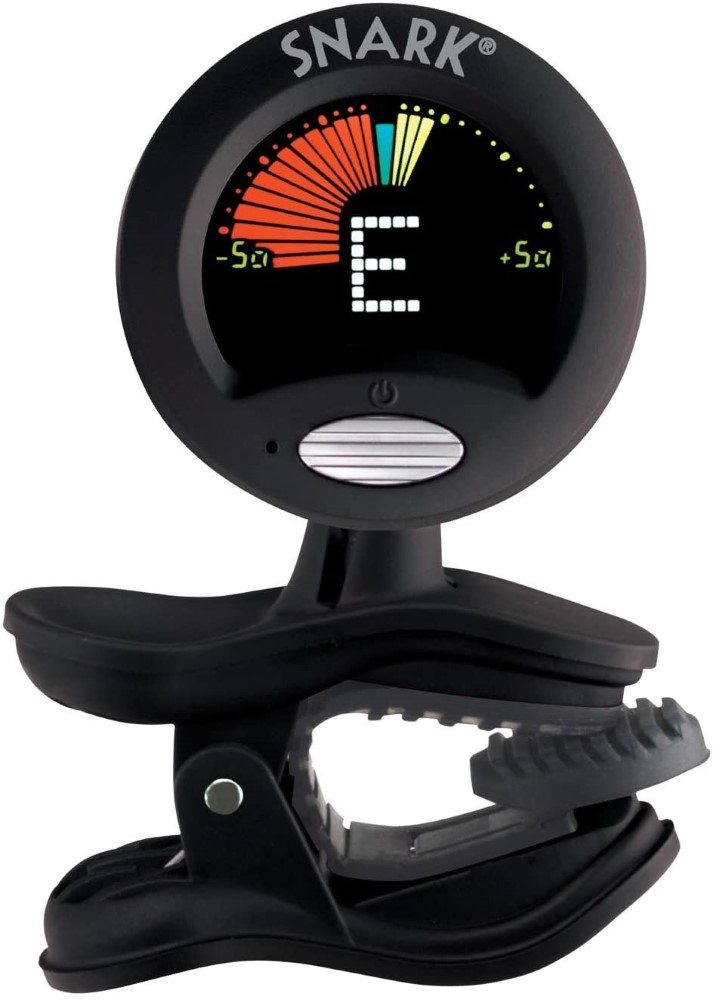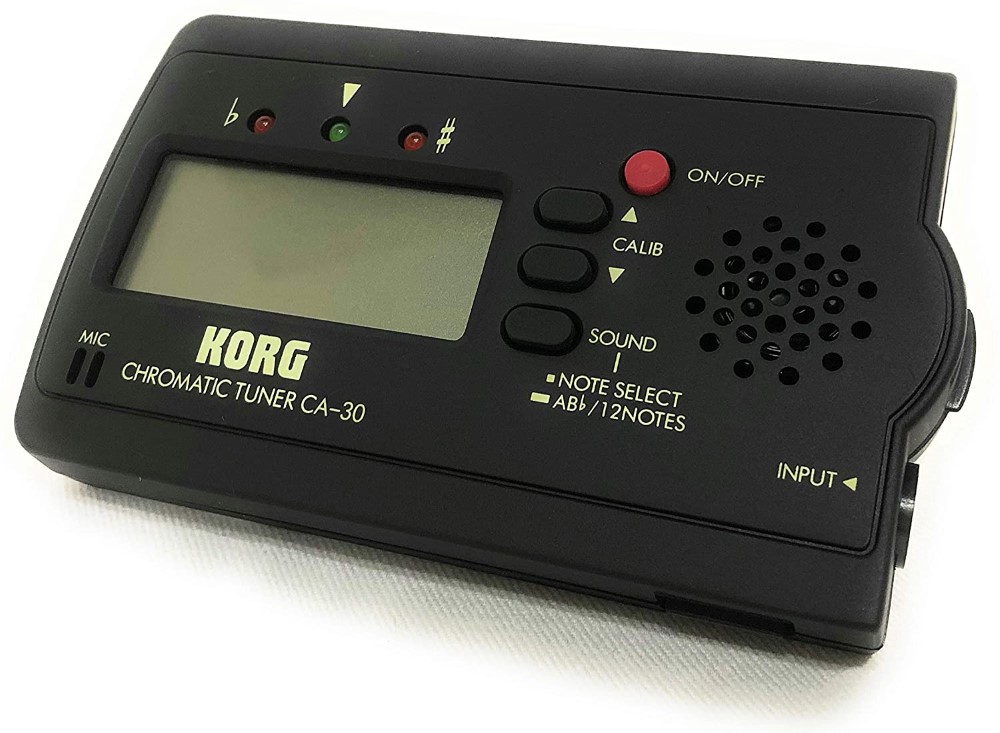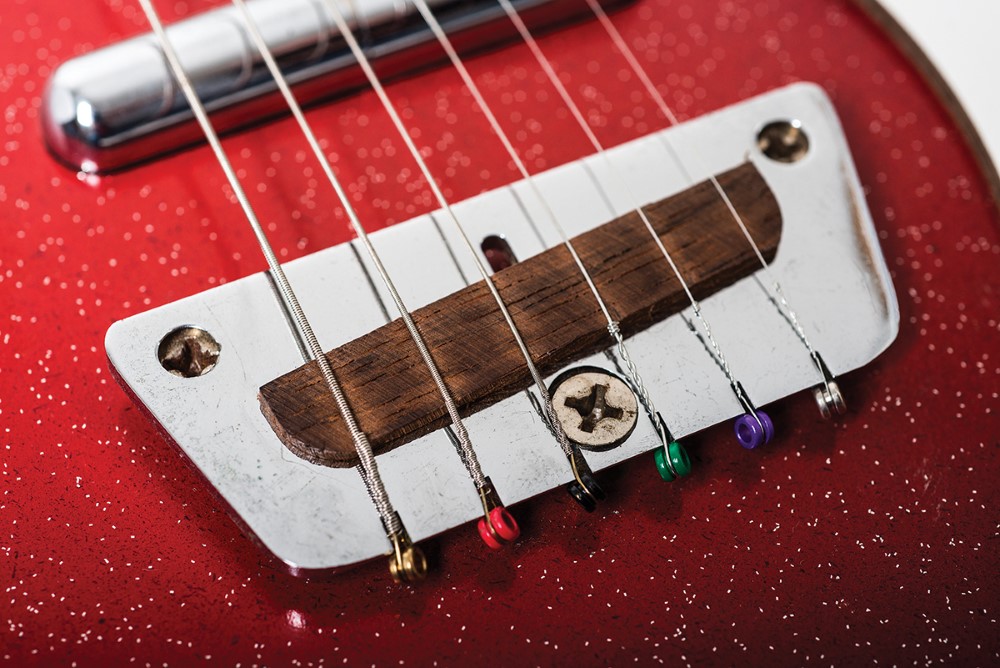September 25, 2020
Snark Tuner
September 25, 2020

You can't beat the convenience of a clip-on tuner. This is a very good one, sensitive, with a very fine readout, good enough even to set intonation. However, it has one very bad feature. It devours batteries. A device like this with no mechanical on/off switch is always on, waiting to sense you press the button. It seems like every few weeks this thing wants another 2032, regardless of whether it was even used. The solution to that is to pull the battery whenever you are not using it, but I forget, and the next time I pick it up, it wants a new one.

